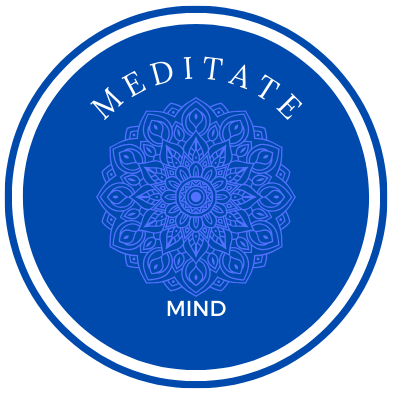
Meditation has woven itself into the fabric of many people’s daily routines, and with good reason. Guided meditation, specifically, has emerged as a beacon of calm in the hectic world we live in. But you may be asking, what exactly is guided meditation? It’s a process where you meditate in response to guidance provided by a trained practitioner or a recording. This direction helps to navigate the sometimes tricky landscape of your mind.
The appeal of guided meditation isn’t limited to its effectiveness in silencing the internal chatter and instilling a sense of peace. It’s also about accessibility. With just a few clicks on a smartphone or tablet, you can access an array of guided sessions tailored to various needs and durations. This ease of use has propelled guided meditation into a go-to solution for many.
Moreover, technological advancements haven’t just made meditation more accessible; they’ve enriched the experience altogether. High-quality audio and immersive experiences are available in the comfort of your home or on the go, making the benefits of meditation just a tap away. As more individuals search for tools to combat stress and promote well-being, guided meditation stands out as both a practical and powerful resource.
Unveiling the Mental and Physical Benefits of Guided Meditation
You might be curious about how sitting quietly and being guided through relaxation or visualization exercises can make a tangible impact on your life. Well, let’s run through the science-based benefits that’ll have you considering guided meditation as your next go-to for health and harmony.
Beginning with the mind, you’re going to find out about how stress reduction isn’t just about feeling less frazzled, it’s about a whole bodied response. When you engage in guided meditation, your body slows down the release of stress hormones like cortisol. This isn’t anecdotal; numerous clinical studies confirm that regular meditation contributes to lower stress levels, providing relief that’s both psychological and physiological.
Another win for the grey matter is improved cognitive functions. Think better memory, sharper focus, and even enhancements in creativity. The guided aspect of meditation can really help because it’s like having a personal trainer for your brain, directing you toward mental fitness and clarity.
What about the heart? Guided meditation practices can help soothe fluttering heartbeats and maintain a steady rhythm. Imagine the relief your cardiovascular system feels when it can move from a sprint to a casual stroll. Consistent guided meditation sessions have been linked to lower blood pressure and a reduced risk of heart disease.
Then there’s the aspect of emotional health. In my opinion, this is where guided meditation shines. It offers a structured way to deal with the carousel of emotions we all face. Through guided visualization and affirmations, these sessions help foster a more robust emotional resilience and a positive outlook.
I’m here to help you understand that rest isn’t just a luxury, it’s a necessity. Guided meditation encourages deeper, more restful sleep, and who doesn’t want to wake up feeling refreshed and ready to tackle the day? Choosing a guided meditation before bed can settle your thoughts and prime your body for a night of rejuvenating sleep.
With these benefits under our belt, the next section will guide you through integrating guided meditation into your everyday life. From carving out time to creating the perfect space, you’ll gather all the tools needed to embark on this transformative journey.
How to Incorporate Guided Meditation into Your Daily Routine
I’m going to show you that starting a guided meditation practice is easier than you might think. You only need a few minutes a day to begin.
First, you’re going to need to find the right guided meditation resources. There’s a wealth of apps, websites, and even local classes that can help you get started.
You can always adjust your approach down the road, but initially, choose something that resonates with you. Whether it’s the voice of the guide or the style of meditation, it should feel right.
Don’t worry too much about creating the perfect meditation space. It’s more about finding a quiet spot where you won’t be disturbed.
For those with a hectic schedule, integrating short meditative practices can be highly effective. Even a 5-minute session in the middle of your day can make a big difference.
As you develop your practice, notice the changes in your stress levels, clarity of thought, and quality of sleep. This isn’t just about relaxing; it’s about enriching your life across multiple dimensions.
If you want to, you can journal your experiences and track your progress. Over time, I think you’ll be amazed at how even small increments in practice can yield significant benefits. I personally really love guided meditation, it really helps me sleep on a night and feel refreshed the next morning after a great night sleep.
